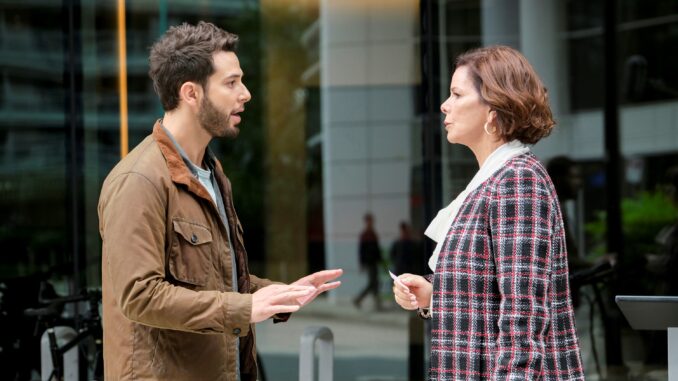
The Fading Echo: A Reflection on So Help Me Todd's Final Chapter
In the bustling, ever-churning ecosystem of network television, the wait for renewal news is a ritual as old as the medium itself. For fans, it's a nervous tightrope walk between fervent hope and dawning dread. For the creative teams, it's a testament to their labor, a green light for more stories to tell. And sometimes, despite the clamor of a devoted fanbase and the undeniable charm of a show, the ax falls, leaving behind not just a void, but a lingering question mark over what could have been. Such is the recent, poignant tale of So Help Me Todd.
The latest "news" on So Help Me Todd's season renewal is, unfortunately, a definitive silence. After two seasons of quirky legal hijinks, endearing family squabbles, and the undeniable on-screen chemistry between its leads, CBS announced its cancellation, pulling the plug on the mother-son legal dramedy. This wasn't a cliffhanger left open for speculation; it was the final gavel, a clear and unambiguous end to the adventures of Margaret and Todd Wright. The fervor of online petitions and social media campaigns, the hopeful whispers of "Netflix might pick it up," slowly, inexorably, faded into the reality of a show that, for whatever complex reasons of ratings, scheduling, or budget, simply didn't make the cut for a third year.
With the curtain drawn on future seasons, the concept of "cast changes" morphs from a professional reshuffle into a bittersweet dispersal. Marcia Gay Harden, who imbued the formidable Margaret Wright with layers of vulnerability and sharp wit, and Skylar Astin, whose charmingly chaotic Todd anchored the show's lighter comedic elements, are now free agents, ready to embark on new ventures. The ensemble cast, including Madeline Wise as Allison, Tristen J. Winger as Lyle, and Rosa Arredondo as Francey, who collectively built the vibrant world of the Portland law firm, are no longer bound by scripts and call times for So Help Me Todd. Their "changes" are not about new actors stepping into familiar roles, but about the dissolution of a finely tuned comedic and dramatic unit. The loss isn't just the absence of new storylines, but the permanent cessation of seeing these specific actors, in these specific roles, bounce off one another with the practiced ease of a well-oiled machine. It’s the end of an on-screen family that, for a brief window, felt like a part of our own.
And "more" encompasses the wide ripples of this decision. It speaks to the fragility of television in an increasingly fragmented viewing landscape. So Help Me Todd was often praised for its unique blend of lightheartedness and genuine emotional depth, a refreshing counterpoint to grittier dramas. Its cancellation is a reminder that charm, critical praise, and a dedicated niche audience don't always guarantee longevity. It reflects the harsh arithmetic of network television, where consistent, broad viewership often trumps artistic merit or passionate fan bases. For the fans, "more" means a sense of incomplete narratives, the lingering questions about character arcs that will now forever remain unanswered. Will Todd ever fully shed his reliance on Margaret? Will Margaret find true happiness outside of work? These threads, once vibrant and promising, are now merely ghosts of what could have been, leaving viewers to construct their own speculative futures.
In essence, the latest news on So Help Me Todd is not about a vibrant continuum, but a gentle, definitive pause. It's a testament to the ephemeral nature of popular entertainment, a quiet echo in the vast hall of cancelled shows. While the legal antics of Margaret and Todd Wright may no longer grace our screens with new episodes, the memory of their crisp banter, their evolving bond, and the quirky charm they brought to a familiar genre will undoubtedly live on in the hearts of those who tuned in. The saga of So Help Me Todd has ended, but its illustrative story serves as a reminder of the precious, often fleeting, connection between a show and its devoted audience.
